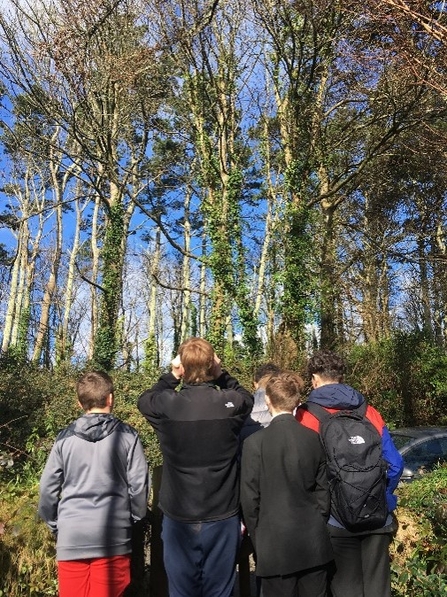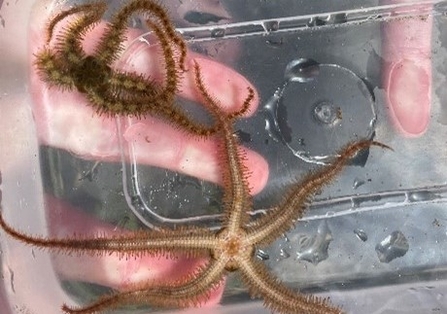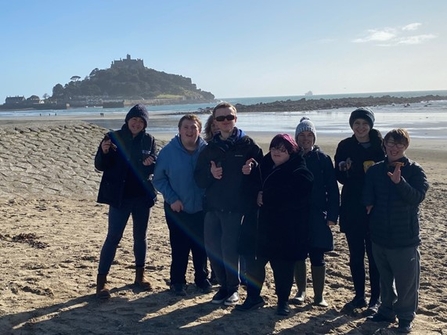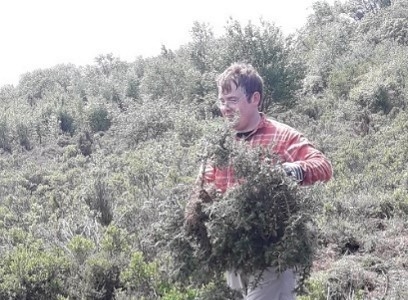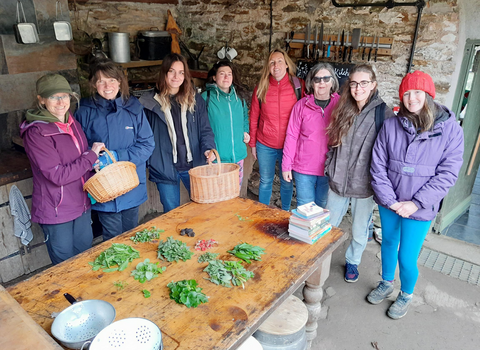7 minute read
Finding peace in wild things
‘I come into the peace of wild things.’ The well-known lines from Wendell Berry’s famous poem articulate something which most of us intuitively know to be true: spending time in nature helps us thrive. Despite the apparent oxymoron, ‘wild’ and ‘peace’ are actually remarkably snuggly bedfellows.
And Berry’s poem is all about those middle of the night feelings of despair which so many of us experience. His solution? In your mind, ‘go and lie down where the wood drake / rests in his beauty on the water’ and ‘come into the peace of wild things / who do not tax their lives with forethought / of grief’.
In July 2020, after the first lockdown, Cornwall Wildlife Trust’s nature in lockdown survey showed just how much the majority of people valued nature during this difficult time. 95% of those surveyed agreed that during that time of uncertainty, nature had been important to them for relieving stress, as well as for their mental and physical wellbeing. Three fifths of people also connected with nature in a way they hadn’t before.
The Mental Health Foundation’s 2021 report, ‘How connecting with nature benefits our mental health’, drew a clear conclusion: ‘Our relationship with nature – how much we notice, think about and appreciate our natural surroundings – is a critical factor in supporting good mental health and preventing distress.’
Research carried out for The Wildlife Trusts found that taking part in a Wildlife Trust project for at least six weeks resulted in significant improvements in mental wellbeing. In 2017, the University of Essex analysed the impact of volunteering with The Wildlife Trusts, assessing changes in 139 participants’ attitudes, behaviour and mental wellbeing over 12 weeks of group-based nature conservation.
The study found that people’s mental wellbeing significantly improved over the 12-week period with participants reporting enhanced feelings of positivity, increased general health and higher levels of physical activity. 95% of participants with low levels of mental wellbeing when they started a Wildlife Trust programme reported an improvement in their mental health in six weeks. You can read a summary of the findings here.


